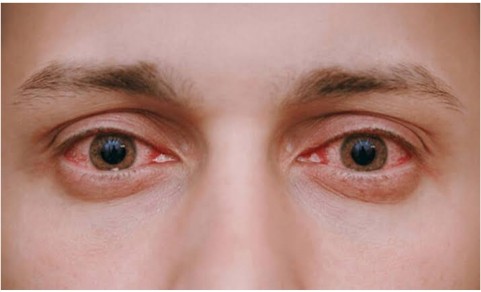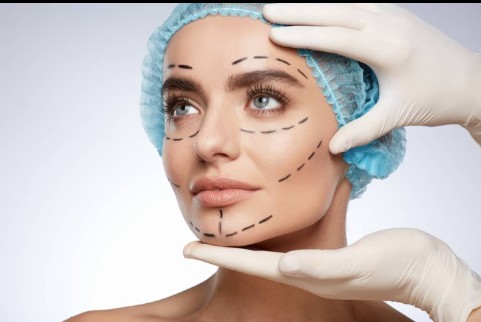Whether spring or fall, allergies are becoming more commonplace than ever. Itchiness in the eyes is just an example of the seasonal changes. You can blame your condition on smoke, dust, pollen, etc. However, there can be many more reasons why your eyes itch. Understanding the root cause is essential to treat it right and eliminate the discomfort. So, let’s dig into this area quickly for better eye care.
Causes and symptoms
As mentioned, a common culprit can be allergies caused by allergens like grasses, weeds, shrubs, trees, dust mites, mold, fungus, pet dander, perfume, chemicals, cigarette smoke, etc. Sometimes, conjunctivitis or pinkeye can be the problem. This infection can affect the eye’s inner lining with inflammation. It’s typical with kids, though. Due to conjunctivitis, eyes turn swollen and red. During sleep, eyelids can also get pus. Generally, it’s a bacterial infection, but the virus can also cause it. Itchy eyes can also result from eyelid inflammation or blepharitis. The condition develops due to the clogging of the small oil glands of the eyelashes. It can irritate your eyes and make them red. Someone with dermatitis or acne must be more careful with this eye condition.
Those who wear contact lenses can also face itchiness in the eyes. It happens when the eyes consider the lenses as foreign objects. Improper placement can also lead to an issue. Lack of hand hygiene can be another problem. Nevertheless, the signs of itchiness in the eyes include redness, burning, tears, runny nose, sneezing, pus, etc.
Treatment or care measures for an itching eye
The foremost thing you can do is avoid rubbing the irritated eyes. Otherwise, you can worsen the situation inadvertently by adding more allergens. Such a habit can also threaten the eye’s corneal layer with infection. For relief, you can compress your eyes softly with a clean and cool cloth. If there is pus, wipe it gently with a washed, warm material. Once done, wash your hands to avoid spreading infection. Usually, mild itching can ease. Even something caused by pinkeye can also improve without medicine. If allergy is the real cause of your problem, ensure you stay away from the trigger points. Do you use contact lenses? In that case, changing them per your doctor’s suggestion is critical. Lenses can attract bacteria and allergens easily. Make sure you clean them and their storage case properly.
Most eye infections or allergies become aggravated because of personal habits, for example, touching eyes with dirty or unwashed hands. Germs and dirt on the palms and fingers can get transferred to the eyes and infect them. Please use hand sanitizer or water and soap to keep your hands clean before bringing them close to your eyes. If you wear makeup, clean it before bed to prevent it from blocking pores. Also, eliminate any item that’s six months old. Avoid sharing it with others, too.
Good eye care begins with preventive measures you practice as a regular habit. Since cleanliness is paramount, you must ensure this at all times for your overall health.


 Home
Home









